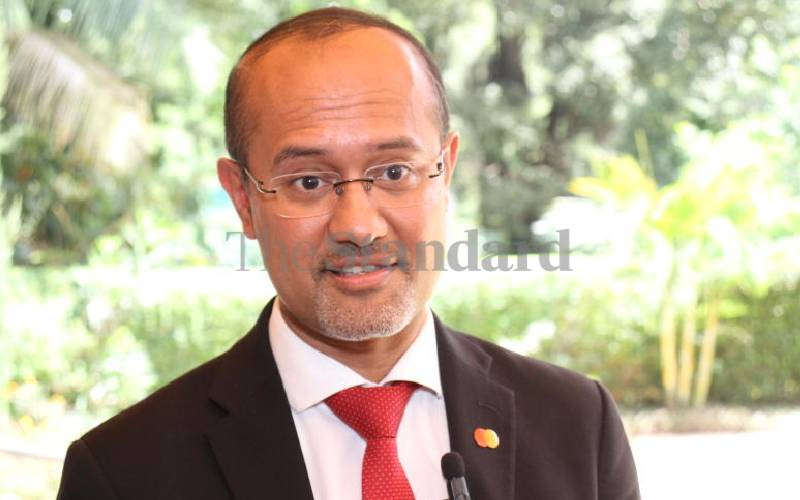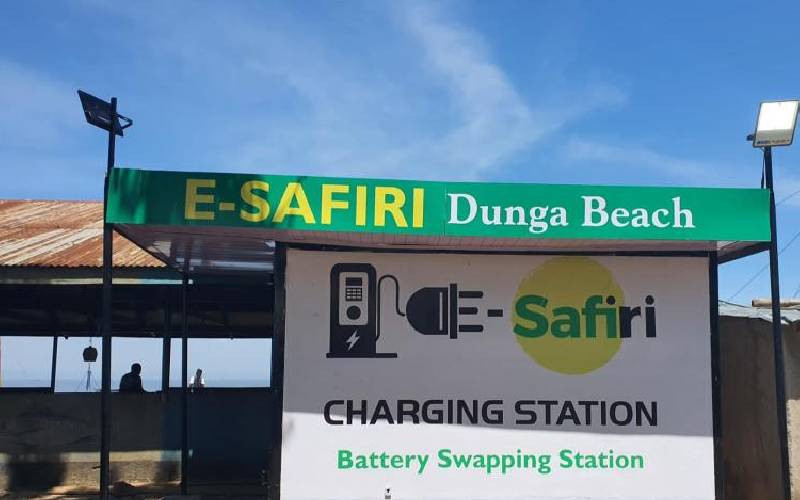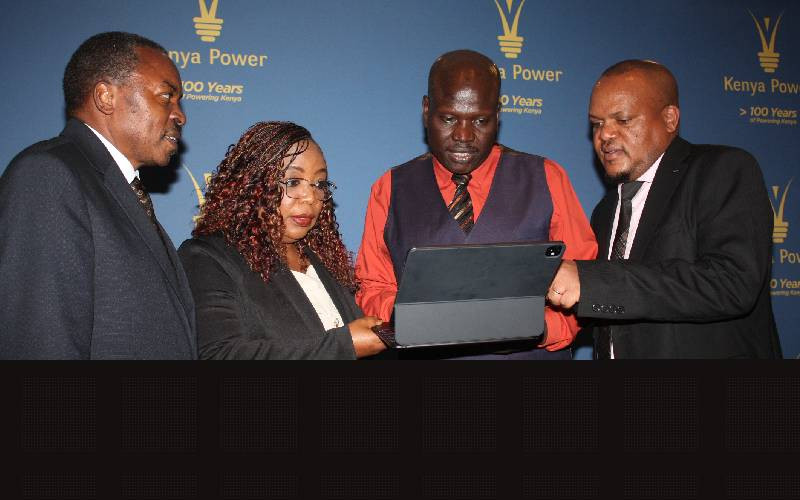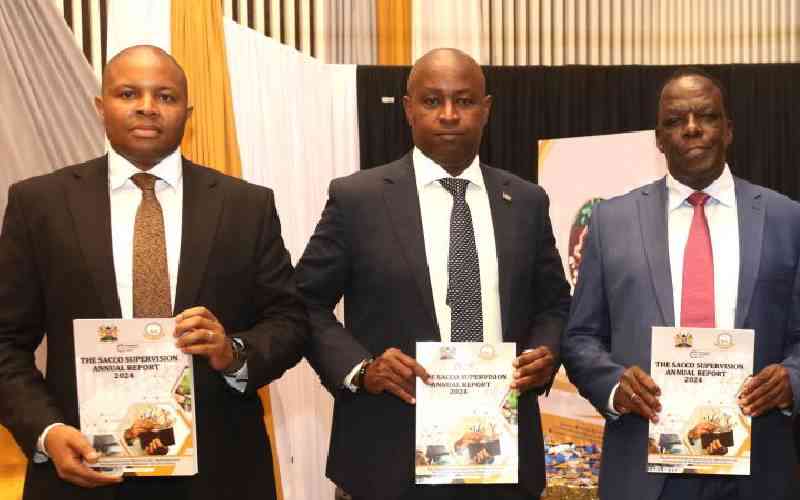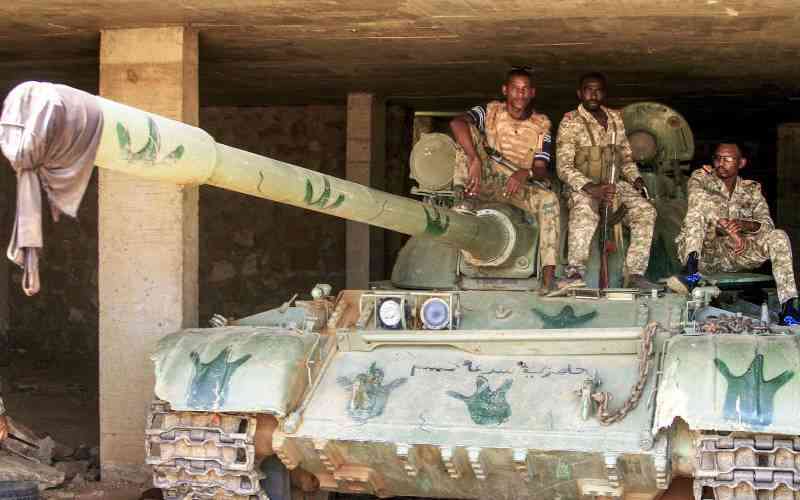
Reports alleging that Turkish-made drones were deployed from Egyptian territory to strike targets inside Sudan have renewed questions over foreign involvement in the year-long conflict between the Sudanese army and the Rapid Support Forces (RSF).
Independent sources said satellite imagery appears to show Turkish-built Akinci drones stationed at East Oweinat Airport in southwestern Egypt, near the borders with Sudan and Libya.
The findings, first published by Nigeria-based VanguardNGR, suggest possible cross-border operations from a facility listed as a small, non-commercial airport (IATA: GSQ, ICAO: HEOW).
The reports indicated that the strikes targeted RSF positions in northern Sudan, though neither Egypt nor Turkey has publicly commented on the claims.
The reports come amid growing concern that regional powers could be expanding their roles in Sudan’s conflict through technological and logistical means.
A United Nations report reviewed by the sources stated that Turkey supplied the Sudanese Armed Forces with TB2 and Akinci drones, as well as ground control systems, through intermediaries.
The UN estimated the value of the transfers at about USD 120 million. Ankara has not confirmed the report’s findings.
Political analyst Ammar Saeed, speaking from Khartoum, said in his assessment that this is not the first time Turkey and Iran have been linked to Sudan’s war.
“Now, their involvement has become public through the use of drones that are reported to have carried out strikes inside Sudan. The latest, but not the last, attack was said to have been conducted by Akinci drones, which reportedly took off from the Egyptian East Oweinat Airport near Sudanese territory,” said Saeed.
He added that, in his view, Turkish involvement through drone activity supports the Sudanese army, which he described as aligned with groups that share similar ideological leanings.
The Washington Post separately reported in 2023 that Turkish defense firm Baykar had been linked to shipments of drones and missiles to Sudan through intermediary companies.
The report detailed logistical arrangements that appeared to facilitate equipment transfers for field operations.
Since the outbreak of fighting in April 2023, both the RSF and the Sudanese army have accused each other of relying on foreign support.
The RSF has claimed to have downed several Turkish-made drones across Darfur and Kordofan.
The UN Security Council extended its arms embargo on Darfur in October 2024, but implementation remains uneven. Analysts say weak enforcement has allowed foreign-made weapons to reach the conflict, prolonging one of Africa’s most severe wars.
Stay informed. Subscribe to our newsletter
Officials from Egypt, Turkey, and the Sudanese factions did not immediately respond to requests for comment on Tuesday.

